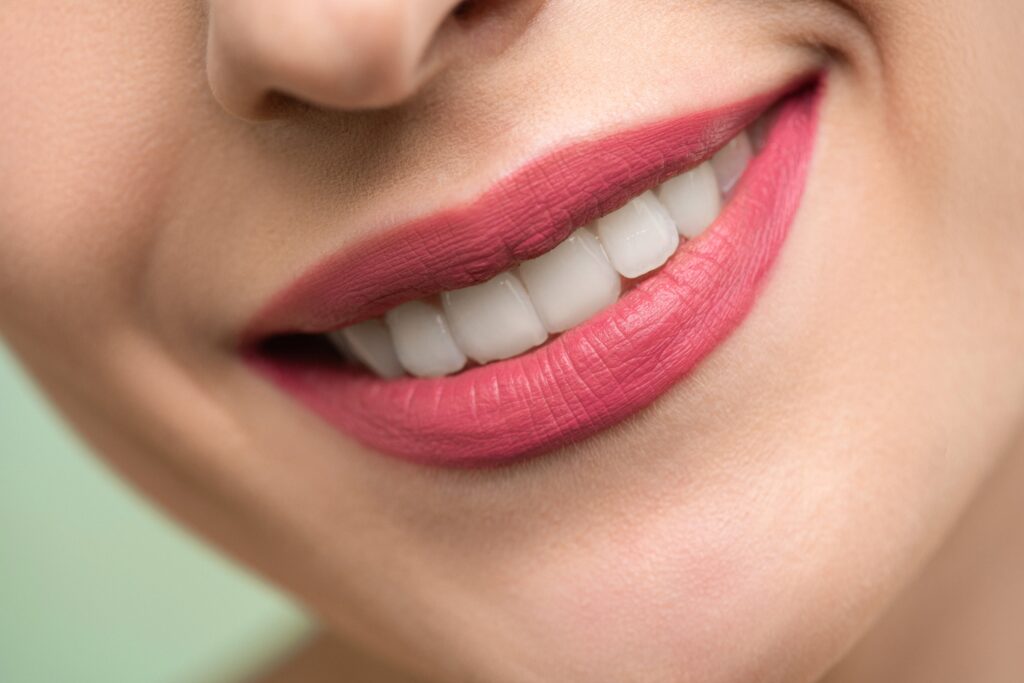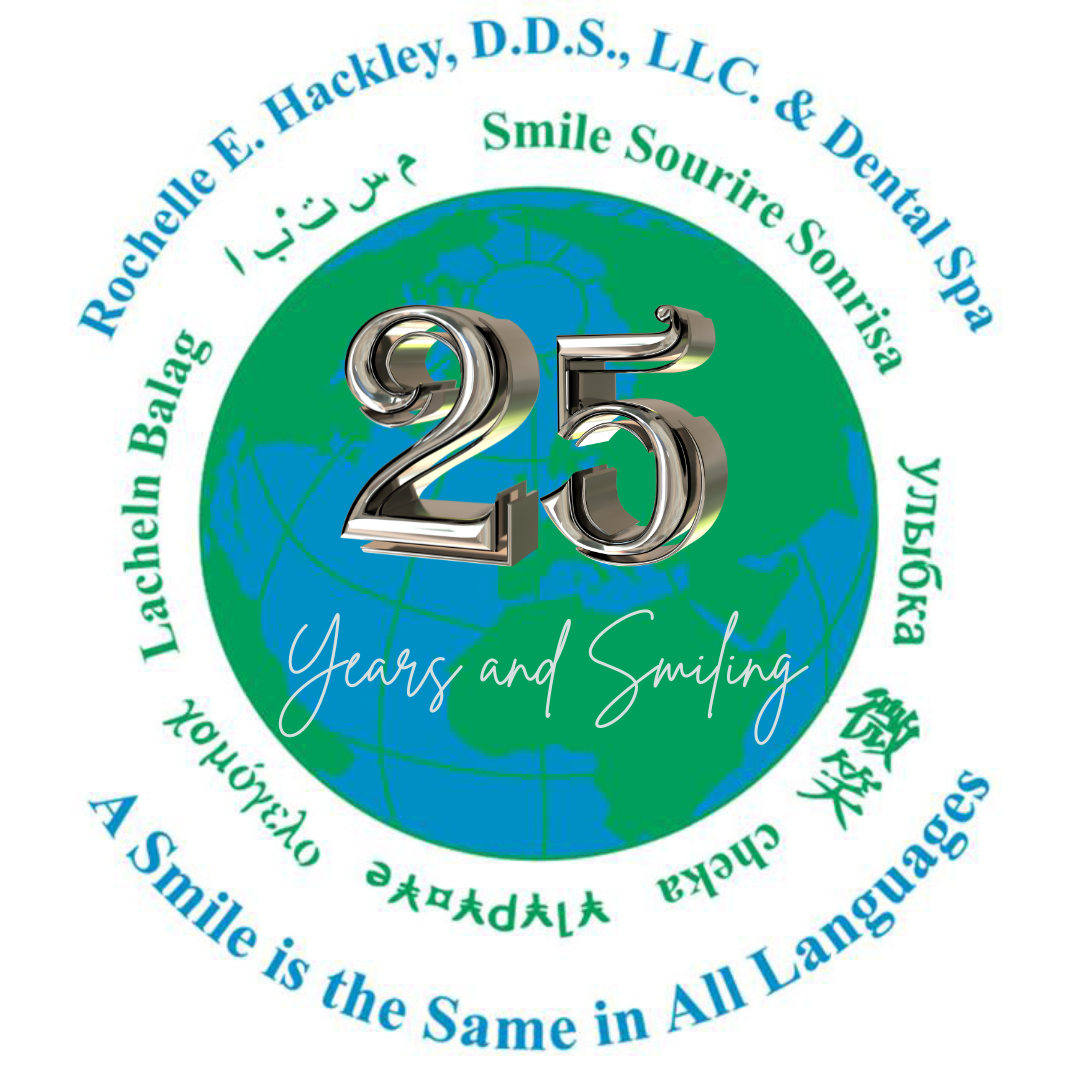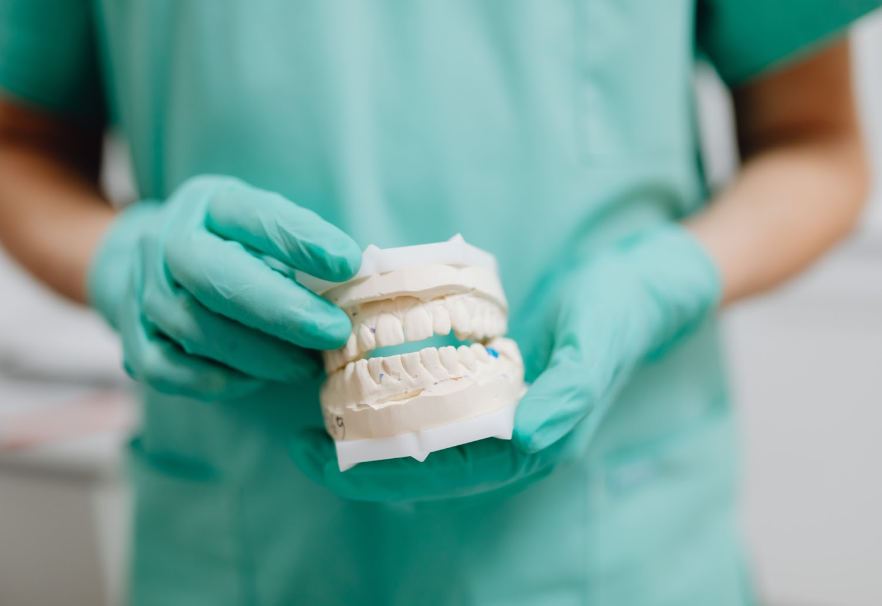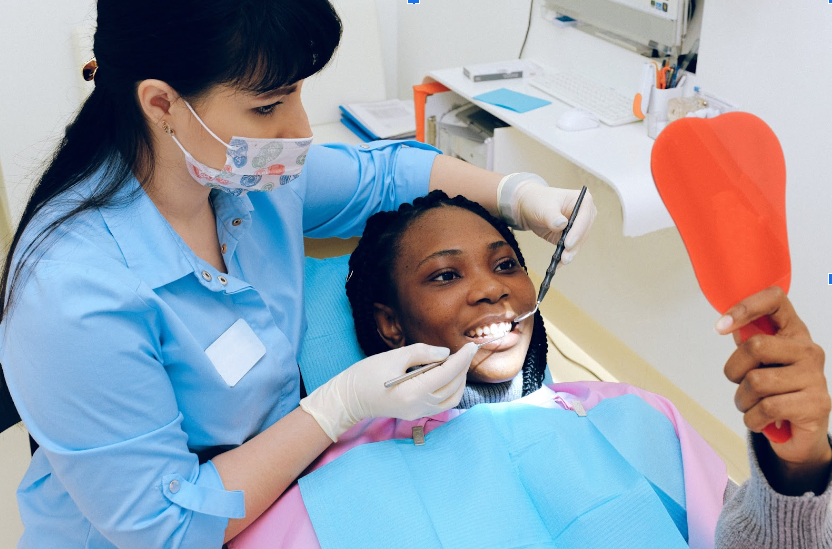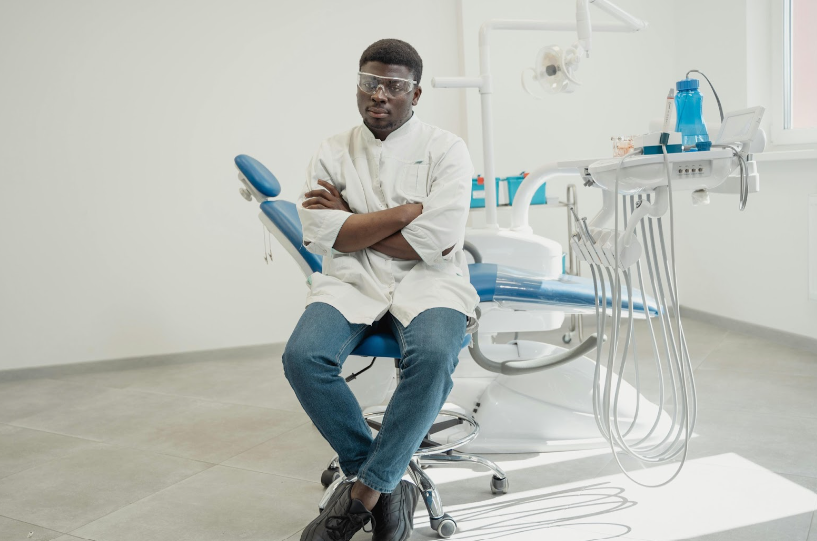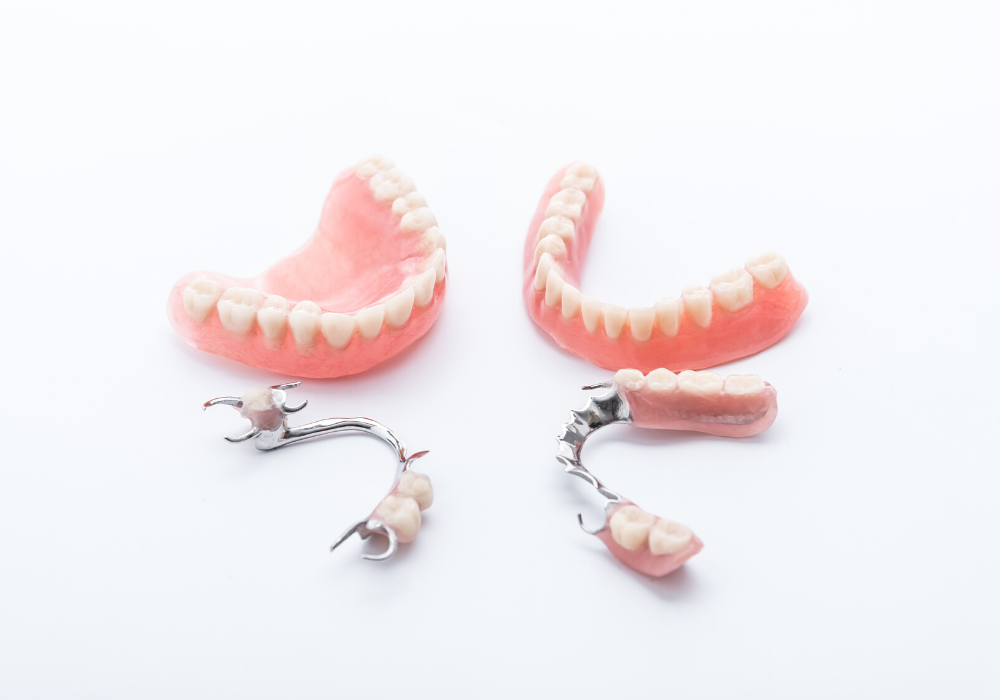Is disruptive snoring keeping either you or your partner awake at night? It may be more than a mere inconvenience. Roughly 25% of men and almost 10% of women experience obstructive sleep apnea (OSA), a significant sleep disorder marked by loud snores, grunts, and gasps. OSA occurs when the tissue at the back of the throat temporarily obstructs the airway, causing breathing pauses (apneas) during the night. This not only leads to fatigue but also poses risks for various health issues, including high blood pressure, depression, and heart disease.
The most extensively studied and effective treatment for OSA is positive airway pressure (PAP). This involves a small bedside machine that delivers air through a mask to prevent airway collapse. However, individuals with mild or moderate OSA may find PAP challenging and often seek alternatives. Dental devices, also known as oral appliances, present a viable option for some people.
Three Main Categories of Dental Devices for OSA
- Mandibular advancement devices, crafted from molded hard plastic, securely snap over both your upper and lower teeth. Featuring metal hinges and adjustable screws, these devices can be tightened to push your lower jaw forward. While some dentists offer custom-made mandibular advancement devices, it’s important to ensure your dentist is experienced in sleep-related breathing disorders and certified by the American Academy of Sleep Medicine before opting for a custom device. Some non-certified dentists may simply take a mold of your teeth, send it to a manufacturer, and sell you the device at a considerable markup, sometimes exceeding $4,000. Moreover, if the device is intended for snoring, it’s unlikely to be covered by dental or medical insurance.
- Mouth guards, akin to mandibular advancement devices, assist in repositioning the lower jaw, though to a lesser extent. Products like SnoreRx, recommended by some sleep physicians, are available online for less than $100. Rather than relying on a dentist’s impression of your teeth, SnoreRx employs the “boil and bite” method. You place the device in boiling water for a minute and then bite down on the softened plastic, allowing it to mold to your teeth.
- Tongue-retaining devices, composed of a soft plastic splint encircling the tongue, work by holding it forward and preventing it from falling back into the mouth during the night. Despite their effectiveness, these devices can cause significant mouth dryness and discomfort.
Best Sleep Apnea Dentist in Rockville Maryland
If you are struggling with sleep apnea, we may be able to help. To learn more, please contact Hackley DDS today!
Are you contemplating the idea of acquiring dentures to replace your missing teeth? Similar to discovering the perfect-fitting shoe, obtaining a high-quality set of dentures necessitates a personalized fit. This is essential for attaining optimal comfort and performance.
Dentures have a significant impact on speech, dietary habits, and overall confidence. Choosing an exceptional provider is crucial to ensure satisfaction with the end results.
In the realm of oral health, the selection of the best dentist is paramount. Not all dentists possess the same expertise, and some are more adept at providing denture treatment than others. Below are some straightforward tips to assist you in finding the idea dentist for your needs.
Ask Friends and Family for Referrals
A highly effective approach to locating a dentist proficient in delivering quality denture treatment is to seek referrals from your friends and family. It’s likely that someone in your circle has undergone a similar process and can suggest a dentist they were pleased with.
Research and Read Reviews Online
Conduct thorough online research and read reviews to identify the most suitable dentist for your denture treatment. Gathering pertinent information about potential candidates can significantly streamline your selection process and lead you to an experienced and reputable dentist.
While reviewing feedback on dentists, carefully consider both positive and negative comments. Look for recurring themes in the reviews to identify any common concerns or praises raised by previous patients.
Schedule a Consultation with the Dentist to See If They Are a Good Fit for You
When seeking a new dentist for denture services, it’s crucial to identify someone with whom you feel at ease and who can offer optimal care. A valuable method to assess compatibility is to arrange a consultation.
In this meeting, you’ll have the opportunity to meet the dentist, inquire about their experience, explore the range of services they provide, and discuss their approach to your care. Additionally, the consultation allows you to gauge the dentist’s personality, helping you determine if you’d be comfortable collaborating with them.
Find Out What Type of Dentures They Offer and the Cost
Dentists vary in the types of dentures they offer, making it essential to ascertain the specific denture options provided by your potential dentist. Are they equipped to offer complete dentures, partial dentures, or implant-supported dentures? Each type comes with its distinct advantages and disadvantages, emphasizing the importance of selecting a dentist who provides the specific type of denture that aligns with your needs.
The cost of dentures can range from $500 to several thousand dollars, depending on the number of arches required. Factors such as the type of dentures, materials used, and additional procedures may contribute to the overall expense. Basic, single-arch dentures typically fall on the lower end of the cost spectrum, while more comprehensive solutions, such as complete sets for both upper and lower arches or specialized implant-supported dentures, tend to be on the higher side. Here at Hackley DDS, we also offer permanent, same-day implant options.
Best Dentist for Dentures in Maryland
If you are looking for more information on dentures, we are here to help! To learn more, please contact Hackley DDS today!
Each day, your little one achieves exciting new milestones, and their first dental visit is a noteworthy addition to the baby book!
It’s recommended for your child’s first dental appointment to occur after their first tooth comes in, but no later than their first birthday. Why so early? Well, as soon as your baby has teeth, the risk of cavities emerges. Taking a proactive approach to your child’s dental health and planning for the first dental visit now can contribute to maintaining a healthy smile throughout their life.
How to Prepare For Your Baby’s First Dental Appointment
Start early! To ready your child for their upcoming dental visit, engage in positive conversations with them about what to expect. Encourage your child to practice opening their mouth, helping them prepare for the dentist’s examination of their teeth. Additionally, incorporating books or videos about first dental visits can help alleviate fears and boost your child’s confidence.
Parents, too, can take proactive steps. When scheduling the appointment, consider requesting any necessary patient forms in advance. Completing these forms at home might be more convenient than doing so at the office on the day of your visit.
Don’t forget to compile a list of questions. If your child is experiencing teething, thumb-sucking, or excessive pacifier use, the dentist can provide valuable advice.
What to Expect During Baby’s First Dental Appointment
The dentist will conduct a thorough examination of your child to ensure proper development of their jaw and teeth. Throughout the visit, you’ll be comfortably seated in the dental chair with your child on your lap if they are unable or unwilling to sit alone in the chair. The dentist will carefully assess for any mouth injuries, cavities, or other dental issues. Once the examination is complete, the dentist will proceed to clean your child’s teeth and provide you with practical tips for daily care.
If your child sheds a few tears or fidgets during the examination, there’s no need for concern. It’s a common reaction, and the dental team understands that this is a new experience for your child.
Tips For a Great Visit
- Avoid scheduling appointments during naptime; opt for a time when your child is typically well-rested and cooperative.
- Ensure your child has had a light meal and brushed their teeth before the appointment to prevent hunger during the visit.
- Save snacks for afterward to avoid any residue on your child’s teeth during the examination.
- Approach the appointment as a positive and enjoyable experience. If your child becomes upset during the visit, work with your dentist to soothe them. Remember, you’re both on the same team!
Baby’s First Dental Appointment in Maryland
If you’re desiring an experienced, versatile, and compassionate family dentist in Rockville, Maryland, Hackley DDS is the one for you. With 20+ years in the industry, our team can treat all your family’s dental needs.
From routine check-ups to dermal fillers, our qualified professionals are here to help. Book your family dentistry appointment today.
Opting for dental implants offers a superior experience in comparison to dentures. Even well-fitted dentures eventually lose their snugness, causing discomfort as bone loss progresses.
The challenge lies in maintaining the stability of dentures over time due to wear on the bony ridges they rely on for support. The most disheartening aspect of dentures, and perhaps the most detrimental to health, is their limited chewing capability. Many individuals find themselves constrained in their dietary choices as certain foods become challenging to chew with dentures.
If you’re in the process of deciding between traditional dentures and dental implants, here are key considerations to weigh.
What is the Difference Between Dental Implants vs Dentures?
Dentures often rely on dental adhesive for stability, necessitating occasional reapplication, especially after meals. In contrast, implant-supported dentures eliminate the need for adhesive.
Maintenance of dentures involves regular removal for cleaning, while implant-supported restorations can be conveniently cared for through brushing and flossing, except for removable implant-retained dentures.
Dentures covering the roof of the mouth can interfere with taste and daily activities. Implants offer a palate-free option, preserving your sense of taste and normal functioning.
The risk of dentures slipping during eating or speaking is eliminated with securely anchored implants. Dentures, known for limited chewing power, can be challenging for enjoying certain foods. Dental implants, offer full chewing power and significantly enhance the ability to chew.
Dentures may create clicking sounds during eating, unlike silent implant-supported alternatives. Dentures also fail to provide the necessary stimulation to prevent bone loss, leading to facial collapse over time. Implants ensure the preservation of the jawbone, preventing age-related facial changes caused by progressive bone loss associated with dentures.
Dental Implants vs Dentures in Maryland
If you are considering dental implants, we are here to help! Dental, Spa, and Cosmetic Surgery has a compassionate and knowledgeable team dedicated to providing the best aesthetic service for you. If you are interested in learning more about Botox cosmetics, contact us today to schedule your consultation!
Dental implants have revolutionized the field of dentistry, offering a host of benefits that extend beyond just restoring a missing tooth. Whether you’re considering dental implants or simply curious about their potential, in this article, we will discuss the various benefits of dental implants.
What Is a Dental Implant?
A dental implant stands as a cutting-edge replacement tooth that faithfully replicates the entire tooth structure. This innovative solution involves a titanium “root” snugly inserted into the bone, providing a sturdy foundation for supporting a crown, bridge, or denture. Functioning, looking, and feeling like a genuine tooth, a dental implant, when cared for properly, can endure a lifetime.
In the world of tooth replacement solutions, dental implant technology has emerged as the state-of-the-art choice, surpassing earlier treatments in numerous aspects. With the latest innovations in dentistry, most patients, including those previously deemed ineligible, can now reap the benefits of this advanced solution. Join us as we explore the transformative advantages that make dental implants a preferred and accessible option for many.
Who are Good Candidates For Dental Implants?
For those dealing with one or more missing teeth, or dealing with broken or severely decayed teeth beyond repair, dental implants often emerge as the optimal solution. If discomfort accompanies dentures, a partial denture, or a bridge, the transformative technology of dental implants might be the answer.
In earlier times, individuals with insufficient bone structure or specific health conditions or habits were typically deemed ineligible for implants. However, advancements in diagnostics and bone reconstruction techniques have expanded the eligibility criteria, making it possible for the majority of patients to now benefit from the advantages of dental implants.
Benefits of Dental Implants
There are many different benefits of dental implants including:
- Dental implants emulate the behavior of natural teeth, offering a significant advantage by restoring full chewing power. In most cases, patients can hardly discern a difference between their natural teeth and the implanted tooth. They can eat, brush, and floss with it just as they would with their natural teeth.
- Dental Implants can last forever. In contrast to a dental bridge, which may have a lifespan of around 10 years, dental implants exhibit remarkable longevity.
- Dental Implants prevent bone loss. In the absence of a tooth, the jaw bone in the vacant space undergoes deterioration due to a lack of stimulation. Should no implant be inserted within the initial year of tooth loss, the bone area experiences a 25% reduction in volume, and this process of bone loss persists over the subsequent years.
- Dental implants play a crucial role in maintaining the stability of adjacent teeth. The space left by a missing tooth can lead to neighboring teeth shifting unevenly toward the gap. This displacement can disrupt the alignment of your teeth, impacting your bite, chewing ability, and overall appearance.
- Opting for dental implants can contribute to staying gum disease-free. The gap left by a missing tooth can create a space where food and bacteria accumulate, potentially leading to the development of gum disease.
- Dental implants have the potential to stop facial sagging and premature aging that may occur due to bone loss resulting from missing teeth. The process of bone loss can lead to the undesirable effect of the lower third of the face collapsing, gradually reducing the distance between the tip of the nose and the chin.
Dental Implants in Maryland
Dental, Spa, and Cosmetic Surgery has a compassionate and knowledgeable team dedicated to providing the best aesthetic service for you. If you are interested in learning more about Botox cosmetics, contact us today to schedule your consultation!
Selecting a new dentist can arise from various situations, such as relocation, insurance concerns, or dissatisfaction with your current dental care. Regardless of the reason, finding a new dentist can feel overwhelming. Ease the process with these five tips for a straightforward and stress-free search.
Understand Your Dental Plan
Your selection of a dentist may be influenced by your dental health plan. For instance, a closed-network plan may restrict you to an in-network dentist. With a PPO plan, you have the option to choose an out-of-network dentist, although you typically enjoy greater savings with an in-network provider.
Ask Others for Recommendations
Seek recommendations from family, friends, neighbors, or colleagues about their positive experiences with their dentists. Additionally, consider asking your physician for a referral. You may also request a list of local dentists affiliated with professional associations, such as the American Dental Association, Academy of General Dentistry.
Factor in Accessibility
Determine whether you prefer a dentist near your workplace or residence. Evaluate your flexibility in scheduling appointments and assess the importance of Saturday office hours. If you have uncertainties, feel free to contact the practice directly to inquire about specific details.
Ask Questions
Once you’ve compiled a list of potential dentists, reach out to their offices via phone or email to address any lingering questions. Feel free to inquire about essential matters and eliminate practices that don’t align with your preferences.
Evaluate the Dentist After Your First Visit
During your initial visit, assess the cleanliness and organization of the office. Observe the courtesy of the staff and how they handle your confidential medical and dental history. Consider the office’s child-friendliness.
After leaving, reflect on these questions: Was the office location and schedule convenient? Would you feel at ease posing questions to this dentist? Can you trust their recommendations or referrals?
Choosing a Black Dentist Near Me
Your oral health is essential, and finding the right dentist can make all the difference. For some people, having a black dentist near me is important. Hackley DDS has a compassionate and knowledgeable team dedicated to providing the best dental care for you. If you are interested in learning more about Dr. Rochelle Hackley, contact us today to schedule your consultation!
Does your child have a fear of the dentist? Or do you avoid the dentist’s office like the plague? If so, sedation dentistry Rockville, Maryland might be the perfect solution. ease some of your anxiety. Used for everything from invasive procedures to routine cleanings, sedation dentistry is a great way to ease dental anxiety. Keep ready to learn whether it’s right for you.
What Is Sedation Dentistry? 
As the name suggests, sedation dentistry uses medication to relax dental patients during their procedures. When it comes to dentistry, there are four levels of sedation that are used:
- Minimal sedation. The patient is awake, yet relaxed.
- Moderate sedation. The patient might slur their words, and they probably won’t remember much about the procedure.
- Deep sedation. The patient is on the edge of consciousness, but they can be woken up if needed.
- General anesthesia. The patient is completely unconscious.
Types of Sedation Used in Dentistry
Interested in getting sedation dentistry Rockville, Maryland? Your practitioner will likely use one of the following:
- Inhaled minimal sedation. Essentially, this requires inhaling a combination of nitrous oxide (aka “laughing gas”) and oxygen.
- Oral sedation. Depending on the dosage, this kind of sedation ranges from minimal to moderate. Most patients are given a pill called Halcion (which belongs to the same family as Valium), which is one of the most common forms of sedation dentistry.
- IV moderate sedation. The patient receives the sedative drug through a vein.
- Deep sedation/general anesthesia. Just like in surgical offices, general anesthesia administers medications that make the patient almost or totally unconscious.
Best Sedation Dentistry Rockville, Maryland
To summarize, sedation dentistry is ideal for patients who fear the dentist. Additionally, it’s great for people who have low pain thresholds, sensitive teeth, bad gag reflexes, or are unable to sit still for long periods of time.
If you’re looking for the best sedation dentistry in Rockville, Maryland, you’ve found it at Hackley DDS. Schedule a consult today.
If you require a full mouth reconstruction, you may be curious about what to expect from your upcoming procedure.
Read More
You may be surprised to learn that dentures have adapted to modern dentistry in order to provide a natural looking solution for missing teeth.
Read More
See why an annual trip to your general dentist can benefit you in the long run.
Read More
